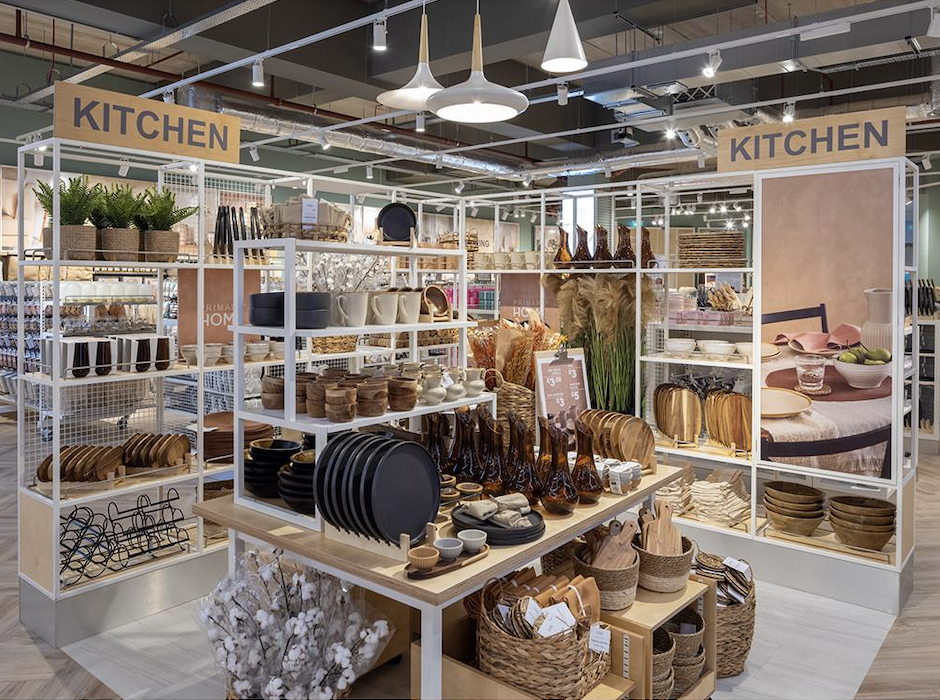Online bedding firm Piglet in Bed is in the pink as sales rose 50% from £5 million to £7.5 million last year. The luxury homeware linen brand has grown five-fold in size since the Covid crisis due to the boom in quality products for interiors.
And the firm which started six years ago in the garden shed of founder Jessica Hanley’s mother’s home in Steyning, West Sussex, now employs 30 people following a successful launch in the United States which accounts for a third of sales.
Hanley said: “We were caught a little by surprise by Covid and the boom in luxury homeware and just how much people were going to want to invest in their homes when they were stuck inside them for weeks on end.
“We tripled the size of the business in 2020 and grew by 65% in 2021. We had much more demand than we anticipated and it was challenging to get all the stock in.
“But we found that people were happy to wait for our products and we built up a strong and intimate community with our customers.
“We went into Covid fairly small and we came out of it as much bigger and more professional and better able to move to the next step.
“There is a softening of the market since Covid and the start of the cost of living crisis, but we are bucking the trend.
“Our products are built to last, so if people are shopping less, then they are going to want to buy more high quality items from us – what we call ‘investment pieces’. We are still experiencing good growth.”
Piglet in Bed – so named because it was founded in rural West Sussex and piglets reflect the comfy, slightly scruffy and not too serious nature of the brand – is sold in John Lewis and it is planning six permanent department store concessions by the end of the year with retailers such as Fenwick and Jarrold.
The company broke even in 2022 with the squeeze on consumer spending, but it expects profits to surge this year.
By next year, it is planning to open up to six shops of its own and Hanley is looking for locations in prosperous ‘market towns’.
Hanley, 34, raised £7 million through a private equity funding two years ago but has kept a majority stake with co-founder Axel Stelk, who is chief financial officer.
The cash was used to fund a big expansion in America where Piglet in Bed has its own warehouse in Chicago.
Hanley expects sales in the US to overtake the UK in the next two years.
A key part of Piglet in Bed’s success has been bringing in retail operating specialists Brightpearl, which transformed its online operation.
Hanley said: “None of the incumbent ERP (enterprise resource planning) systems to automate and manage our core business processes worked for us. They were built in the 1980s, felt outdated and were too large, complex and expensive for a company of our size.
“Everything fell into place when we were introduced to Brightpearl, which was operational within 90 days.
“It was ideal – a centralised system that had specific modules to solve all of our operational issues. Put simply, manual processes disappeared overnight.
“The pricing model was also perfect because it scaled with the size of the company.
“As we go multi-channel internationally and into more bricks-and-mortar retail, it will be even more useful.
“It is vital that your tech stack works really well as you enter new markets and the business becomes more complex.”
Piglet in Bed is the third fastest-growing homeware retailer in the UK, according to Brightpearl’s Lightning 50 list of the top ecommerce brands
Social media is a growing hub of activity for the brand.
Hanley explained: “Around 30% of our customers find us through Instagram and our TikTok audience is rapidly growing as well. You simply cannot ignore the potential of these newer channels.”
Piglet in Bed pioneered home working and all its 30 staff now work remotely. They have contracted out their warehousing and fulfilment to 3PL in Castleford, West Yorkshire.
Hanley said: “We have been able to attract the highest level of talent because we always felt remote working was the way forward for the business.
“We get the team together a few times a year because people like that human interaction but everyone is remote.”









